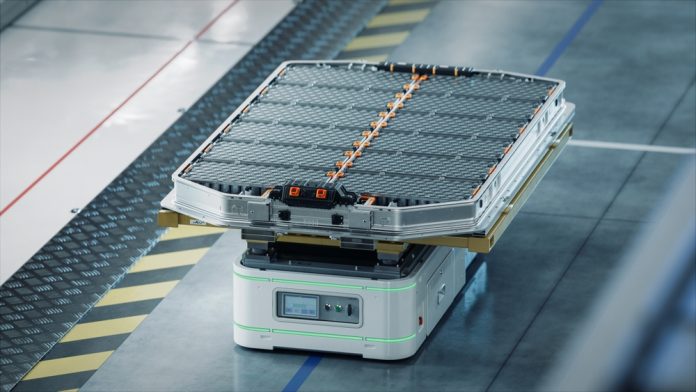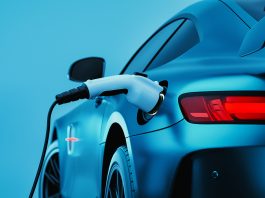The United States Department of Energy (DOE) has announced a major investment of $70.8m to optimise the nation’s electric vehicle (EV) ecosystem.
This funding is designed to drive innovation in EV battery recycling, bolster manufacturing capabilities, and propel the United States closer to its clean energy goals.
By partnering with state and local governments, the initiative aims to uplift small- and medium-sized manufacturers (SMMs) in sectors such as automotive, smart manufacturing, and battery recycling.
Retooling manufacturing for the future
A substantial $50m from the Inflation Reduction Act (IRA) is being allocated to five states with robust automotive industries.
These funds will modernise vehicle manufacturing facilities to cater to the surging demand for electric, hybrid, and fuel-cell vehicles.
Michigan leads the charge, receiving $22.6m, followed by Indiana, Kentucky, Tennessee, and Illinois. These investments will ensure that SMMs in these states can adapt to advanced vehicle supply chains while safeguarding high-quality jobs.
The grants are part of the DOE’s $2bn Domestic Automotive Manufacturing Conversion Grant program, underscoring a commitment to transforming traditional manufacturing hubs into centres of clean energy innovation.
Expanding EV battery recycling capabilities
Another critical element of this initiative is the $11.5m allocated to seven state and local governments to enhance EV battery recycling.
This funding, drawn from the Bipartisan Infrastructure Law, will make recycling more accessible for consumers and improve the nation’s waste management and resource recovery systems.
Battery recycling is a key pillar of sustainable EV growth. With rising EV adoption, the ability to efficiently recycle lithium, cobalt, and nickel from spent batteries is essential to reducing environmental impact and avoiding supply chain bottlenecks.
Tennessee, Michigan, Nevada, New York, Wisconsin, Iowa, and Indiana will spearhead innovative programs to modernise EV battery recycling infrastructure, setting the stage for a circular economy in the EV sector.
Why optimising battery recycling is crucial for America’s clean transport goals
The US transition to a clean transportation future hinges on a reliable, sustainable supply chain for EV components.
Batteries, the heart of EVs, are particularly resource-intensive to produce. Recycling spent batteries can recover critical materials like lithium and cobalt, mitigating reliance on mining.
Moreover, expanded recycling capabilities help stabilise supply chains, addressing potential shortages as EV adoption soars.
By investing in battery recycling, the US can reduce dependency on foreign sources for raw materials and foster a domestic ecosystem that supports sustainable growth.
Recycling also aligns with broader climate goals by cutting emissions tied to raw material extraction and battery production.
This dual benefit of environmental stewardship and resource efficiency makes EV battery recycling a linchpin in America’s clean energy strategy.
Advancing smart manufacturing technologies
In a complementary move, $9.3m will support the adoption of smart manufacturing technologies in five states.
These funds aim to assist SMMs in integrating advanced tools like high-performance computing and automation to improve efficiency, reduce costs, and lower energy consumption.
Projects in Illinois, Michigan, Oregon, Tennessee, and Virginia will provide technical assistance, training, and financial support to manufacturing firms.
By enabling smarter processes, the initiative ensures a robust supply chain for clean energy technologies while reducing environmental impact.
A pathway to sustainable growth
The DOE’s investment signals a strong commitment to fostering innovation in EV battery recycling, advanced vehicle manufacturing, and smart technologies.
These efforts lay the groundwork for a future where clean energy and equitable economic growth go hand in hand.
As the United States transitions to clean transport, these investments will play a vital role in reducing emissions, creating jobs, and securing a sustainable energy future.
By addressing key challenges in battery recycling and manufacturing, the country is positioning itself as a leader in the global clean energy race.









